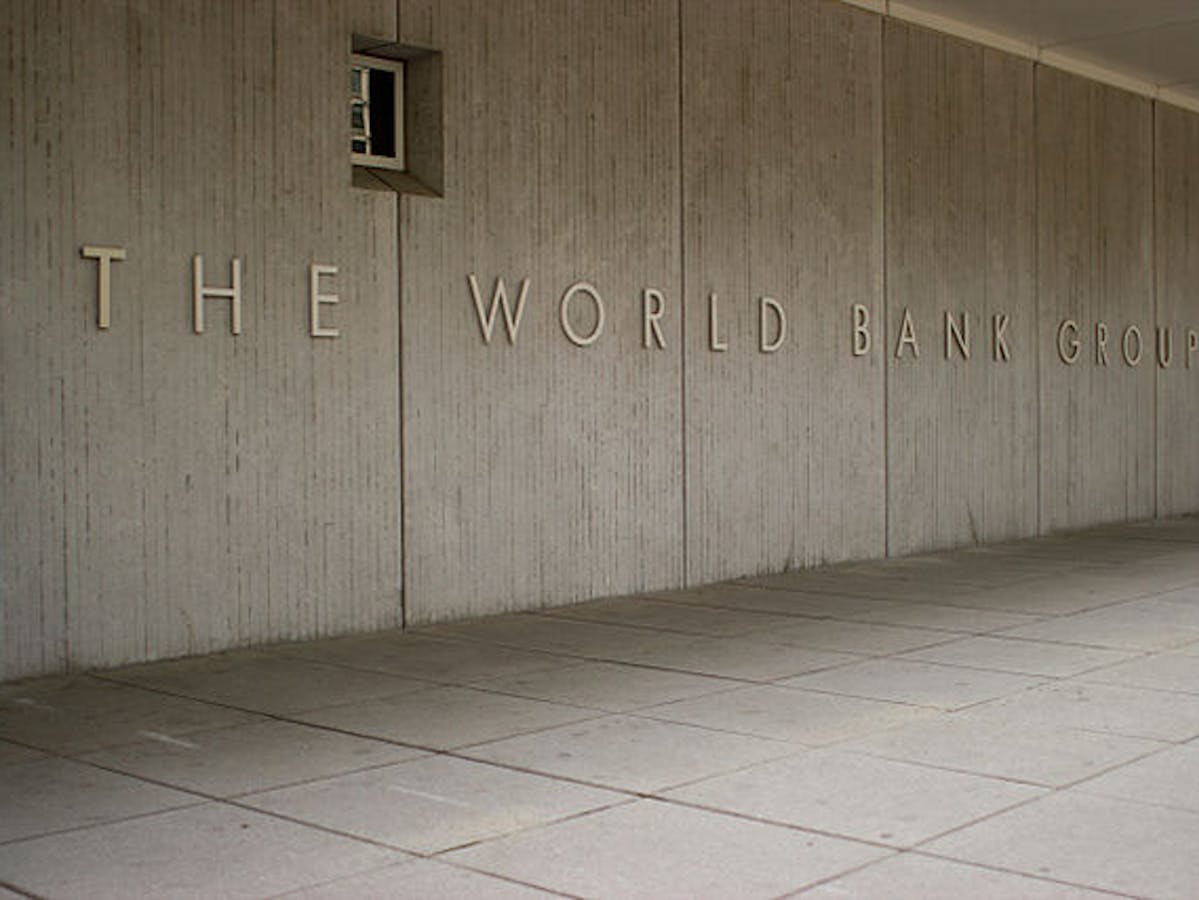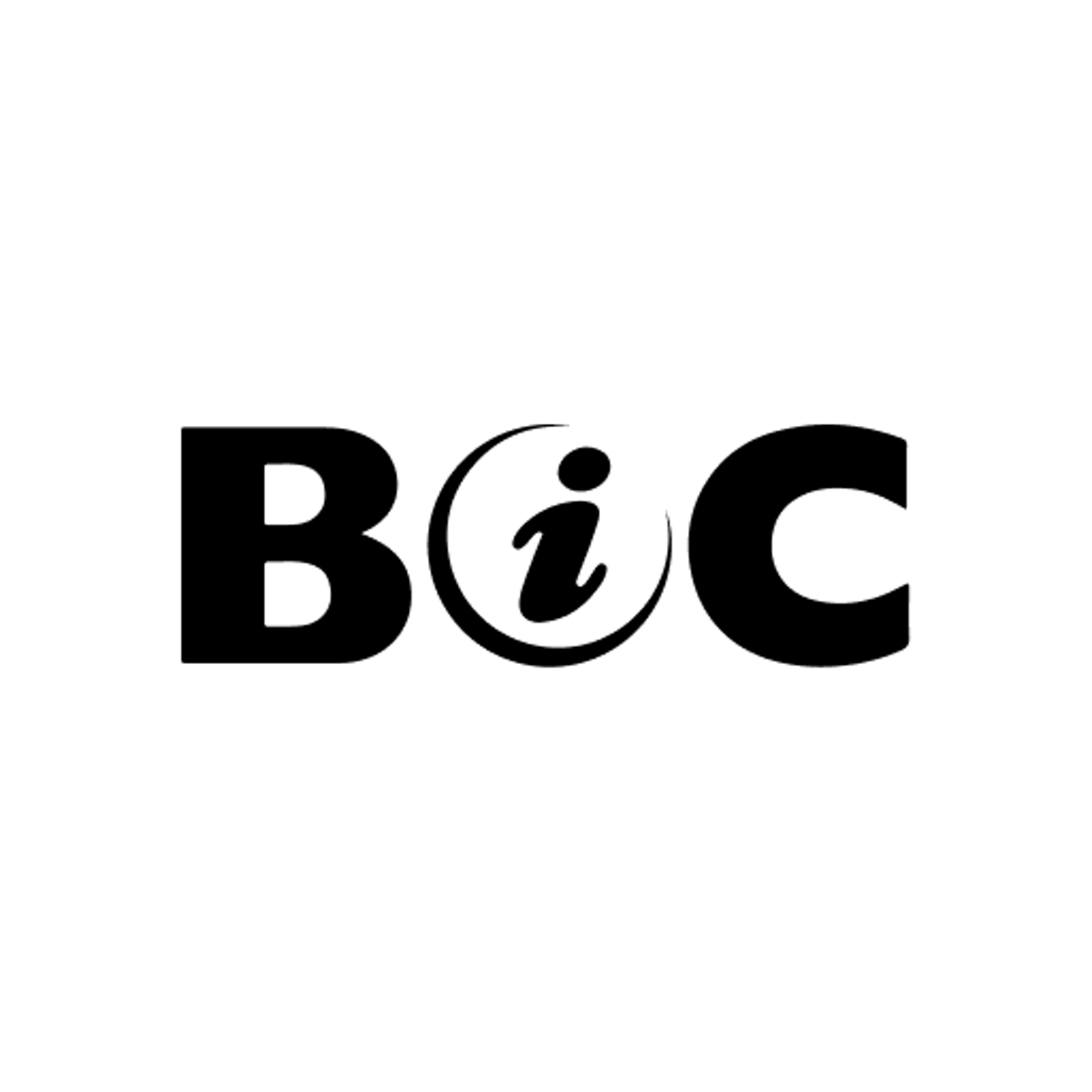How can the World Bank improve its evolution roadmap?
Published: August 03, 2023

The World Bank is developing an evolution roadmap, designed to enable the institution to increase its lending to address the climate crisis, and crisis preparedness more broadly. This initiative came about as a result of pressure from shareholders around the need for the MDB system to evolve to better meet global challenges.
Last October, several World Bank shareholders, including the US and Germany, called on the Bank to produce a roadmap by the end of the year on how it can evolve to respond to the multiple crises the world currently faces, including climate change. In response to this call, the Bank produced its Evolution Roadmap, laying out their strategy to address these challenges moving forward. The Bank opened up a consultation window for civil society to provide their thoughts on the Bank’s new plan, with July 31st being the due date for submission.
BIC took the opportunity to provide extensive comments on the Bank’s proposed roadmap, which you can read in their entirety here.
BIC’S comments honed in on the fact that, notably, the Evolution Roadmap makes no mention of the communities that host World Bank Group projects and investments and the people that are meant to benefit from such development projects. BIC and other civil society partners have pointed out that WBG projects far too often fail to adhere to Environmental & Social requirements, in some cases leaving communities facing negative impacts even after the WBG has exited or closed the project. Taking into account the Bank’s track record of failing to remedy harm that results from its projects, a massive scaling-up and acceleration of WBG investments without consideration of the circumstances of and impacts to affected communities is deeply concerning.
While we welcome the ambition to position the WBG as a leader in mobilizing financing to address global challenges, including through taking on additional risk, it is contrary to the WBG’s development mandate for the poorest and most marginalized communities to be left to carry that additional risk. Allowing that to happen will undermine its efforts to address the climate crisis and other global challenges.
BIC also provided comments on the Bank’s Corporate Scorecard. We strongly support an overhaul of the scorecard so that it is focused on outcomes and not on money spent. The purpose of the Corporate Scorecard should be to report out to stakeholders and shareholders on the Bank’s development impact. It is BIC’s opinion that, with respect to the process of developing and utilizing the corporate scorecard, the World Bank Group (WBG) should proactively share information and seek the views of external stakeholders, including those who are directly affected by the Bank’s work, through consultation. Any changes to the scorecard, including currently in the context of the Evolution Roadmap, should involve consultations with stakeholders. Ideally, the WBG would produce an updated scorecard annually, or at the very least publish some indicators annually where feasible.
It is critical that the World Bank not only evolve its mission and financing to meet global challenges, but that it works to improve its operating model, safeguards application, and approach to remedy in order to truly put project affected populations at the center of its work.
